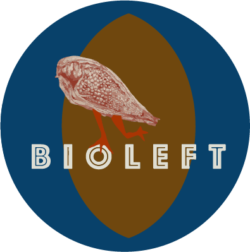On January 29 we had a working meeting with the MASIPAG team, a Philippine network that brings together 30,000 farmers. It was morning in Argentina and night in the Philippines; despite the fatigue, Georie Pitong and Cris Panerio talked with Anabel Marín, Almendra Cremaschi and Marcela Basch, sharing experiences and concerns. The meeting arose from the joint work of Bioleft and MASIPAG in GOSSI, Global Open Source Seed Initiative, the global network of open seeds.
Pitong and Panerio explained how MASIPAG, which brings together 60 farmer organizations, works. The Philippines has a large family-scale farming community, mainly involved in organic rice cultivation. There is a long tradition of conserving, caring for and improving seeds by hand. MASIPAG is a farmer-led network of 512 people’s organizations, NGOs and scientists working towards the sustainable use and management of biodiversity through farmers’ control of genetic and biological resources, agricultural production and associated knowledge. They promote seed care, develops training programs, monitoring and evaluation tools. “In the Philippines, seed is life. You wouldn’t think of registering it,” explained Panerio.
From Bioleft we explained how seed circulation works in Argentina, and what is the place of the participatory breeding proposal on open seeds. We explained our work with the platform and began to explore the possibility of sharing seeds from Latin America to Oceania. Everywhere we are looking for the same thing: that seeds circulate, germinate and multiply.
